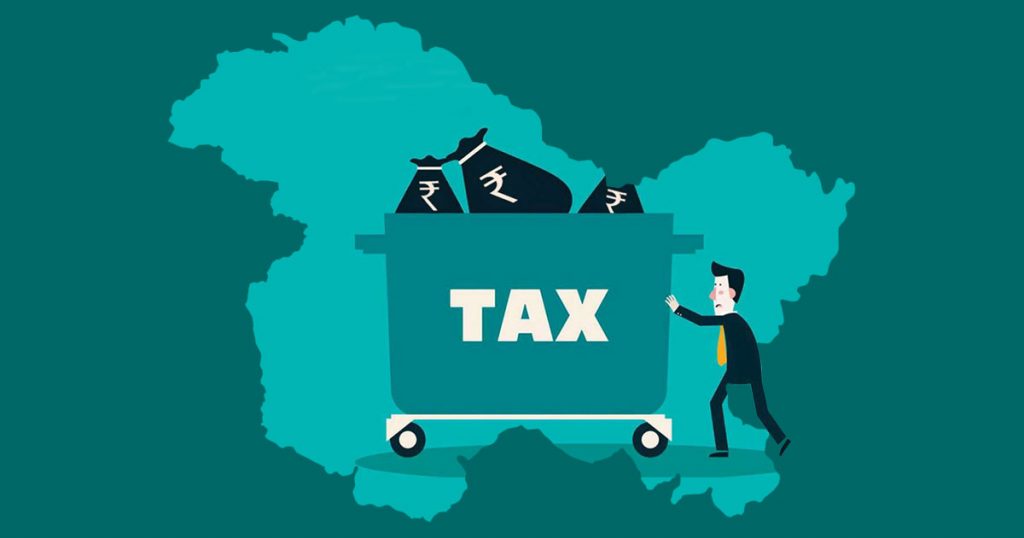
Jammu and Kashmir may now come under the premises of equalization levy. With the abolishment of Article 370 in the Parliament, e-commerce companies advertising on global social media, which were earlier immune from Google taxes on their operations in Jammu & Kashmir, will now have to furnish tax up at 6 per cent.
As per the sources, Companies such as Facebook, Google, Amazon and Flipkart, are scrutinizing the various tax implications of the Indian Governance.
One of the key professionals in the leading e-commerce firm says that they are evaluating if they will be surcharged with taxes and also if they have to re-frame their accounting strategies. Conclusions are on a distance as it will take time to settle with the government’s judgments. The scenario will be clear after their meeting with the I-T Department in J&K.
Experts say, “Equalisation Levy may possibly be practised in the region but specific amendments need to be introduced before the inauguration. Foreign e-commerce operators paying 6% equalization levy, are immune from such levy on their advertisement in Jammu and Kashmir. This may change. However, there is an urgent requirement for amendments to make the law effective in J&K”.
Read Also: Revoked Article 370 Impact on Income Tax & GST in Jammu & Kashmir
E-commerce businesses will remain unaffected in the scenario as Income Tax Act prevailed in J&K even in old governance.
The Income Tax Act 1961 prevailed all over the nation including Jammu and Kashmir. Hence the conditions will remain unaltered for the e-commerce businesses even after the revocation of Article 370.
The Equilisation Levy
Making its debut in 2016, equalization levy, being a form of direct tax came into existence through a chapter in the Finance Bill 2016 instead of the Income Tax Act. The probability of a non-resident to claim the credit is doubtful under its area of authority, even under the tax avoidance agreements.
Recommended: Equalisation Levy: Features, Applicability, Penalty
In the ruling, 6% tax is imposed by the government on the gross consideration received by a non-resident via online advertisements or other related activities served to an Indian Resident or to a non-resident having a permanent business in India, except J&K. the tax is paid by the advertiser.








